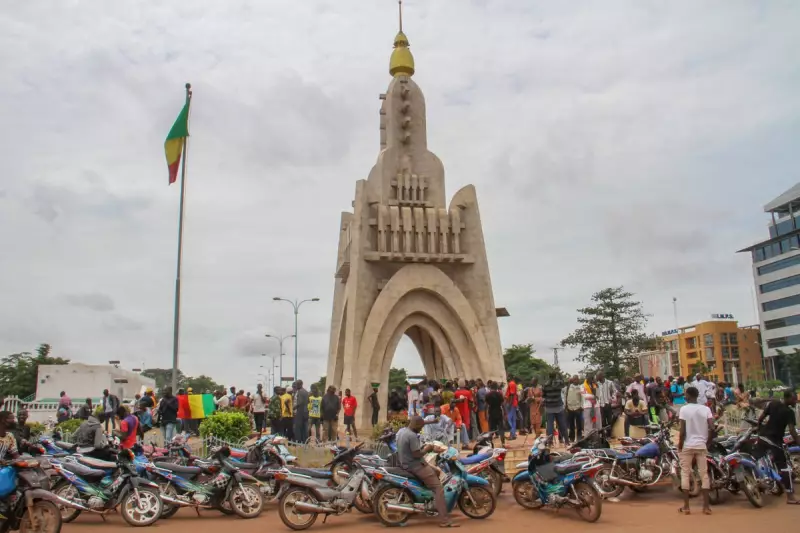
A fierce diplomatic row has erupted between West African nations Mali and Senegal, centred on the treatment of Malian migrant workers. The Malian government has taken the drastic step of suspending all labour authorisations for its citizens seeking work in Senegal, accusing its neighbour of subjecting workers to conditions akin to 'modern slavery'.
The decision, announced by Mali's Ministry of Foreign Affairs, represents a significant escalation in tensions and poses a direct threat to the livelihoods of countless migrant workers. The move immediately halts the processing of any new requests for employment in Senegal.
Allegations of Exploitation and Poor Conditions
In a strongly-worded statement, Malian authorities condemned what they described as the 'exploitative and slavery-like conditions' faced by their nationals within Senegal. The allegations suggest a severe breakdown in worker protections and duty of care.
The suspension is not merely a bureaucratic measure; it is a powerful political statement from Mali's military-led government, reflecting its willingness to take assertive action in defence of its citizens abroad. This stance marks a notable shift in its foreign policy approach.
Senegal's Response and Mounting Tensions
As of now, the Senegalese government has not issued an official public response to these serious allegations or the retaliatory labour suspension. The silence from Dakar is deepening the diplomatic standoff, with observers watching closely for its next move.
The rift between the two nations extends beyond labour rights. Analysts suggest it is also fuelled by Mali's recent political trajectory under military rule and its shifting international alliances, which have created friction with neighbouring states.
Broader Implications for West African Stability
This dispute threatens to destabilise regional cooperation within West Africa, a region already grappling with political instability and security challenges. The flow of migrant workers between nations is a cornerstone of the regional economy, and such interruptions could have widespread consequences.
The situation remains highly volatile. All eyes are now on Dakar to see if it will seek dialogue to resolve the crisis or respond with counter-measures, potentially triggering a further deterioration in relations between these two important African nations.





